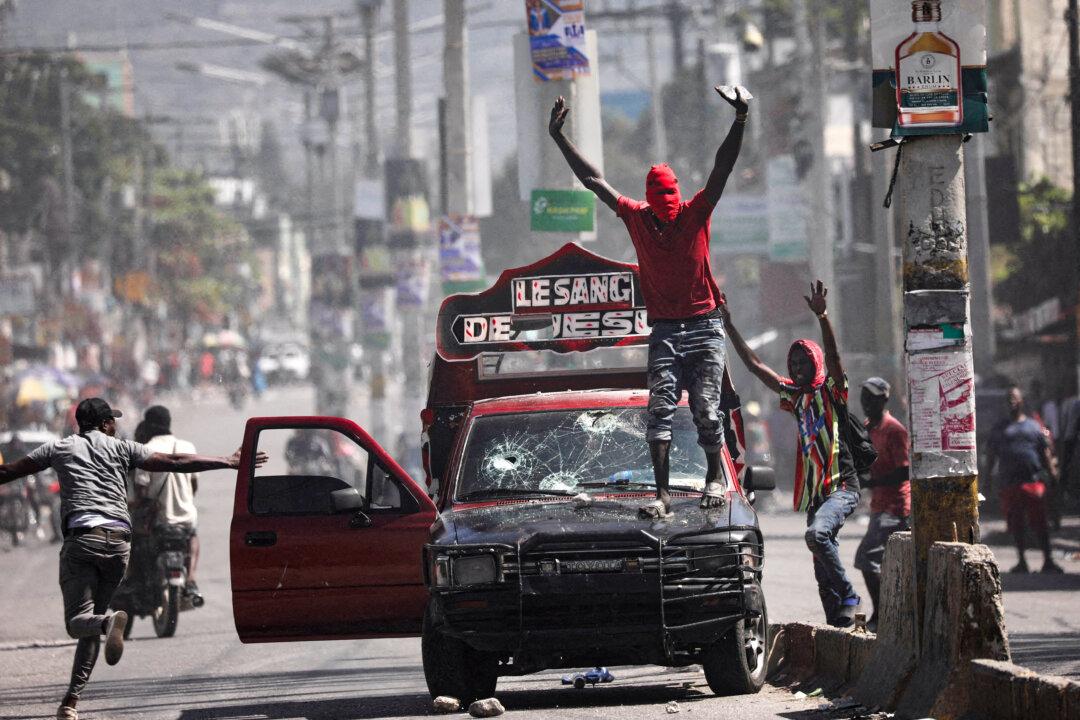Haiti has expanded its state of emergency to cover the entire country, as its army and police try to regain control from violent gangs.
The Sept. 4 announcement was made 24 hours before a visit by U.S. Secretary of State Antony Blinken.

Haiti has expanded its state of emergency to cover the entire country, as its army and police try to regain control from violent gangs.
The Sept. 4 announcement was made 24 hours before a visit by U.S. Secretary of State Antony Blinken.